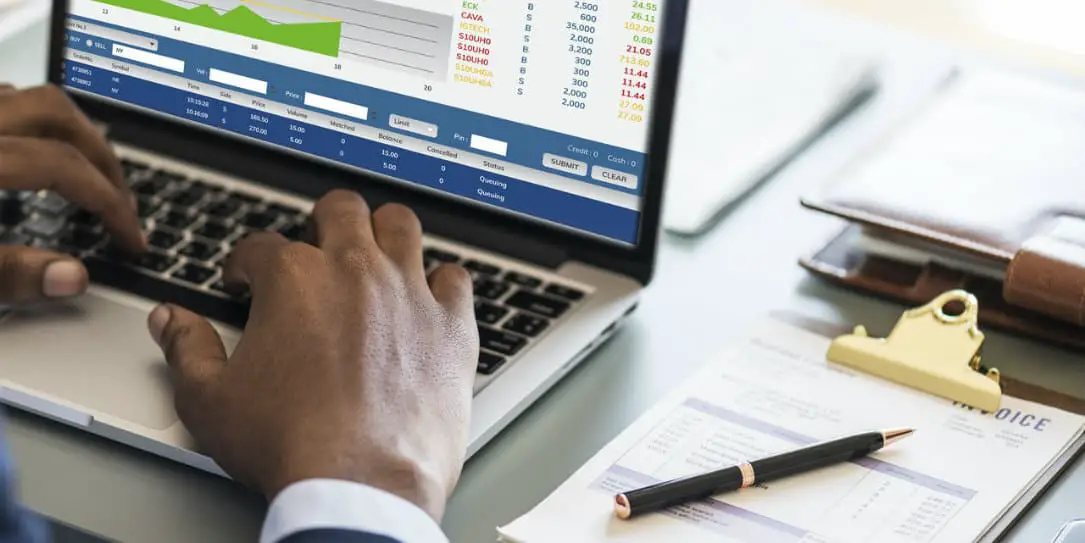It’s no secret that modern technologies like AI, machine learning, big data, and advanced analytics are revolutionizing the world today. In business particularly, these platforms have a direct impact on the way things are done. Predictive analytics, for example, not only helps companies learn more about their customers but also provides them with enough info to make informed decisions by revealing outcomes well before they happen.
AI and machine learning can be used to automate tedious and repetitive tasks, run support channels via contextual interactions and even operate machinery or robotics. Driverless vehicles — set to be on our roadways within the next few years — will be powered almost entirely by AI algorithms.
When leveraged and combined with analytics tools, AI and machine learning technologies can supply a continuous stream of smart, usable data.
One could argue that “smart data” from all these smart devices will effectively divide the business world into two parts: those who use it and those who don’t. Because of the benefits and advantages, this technology can offer, not having access to it can be a huge hindrance. When the competition does have access and another business doesn’t, it creates a significant divide in performance, future strategy and most importantly, decision-making.
What’s smart data? How is it different from big data and related technologies?
The first thing to consider is the difference between “big data” and “smart data,” because there most certainly is one. Big data is, for all intents and purposes, large — like the name implies — and generally involves vast stores or continuous streams of data. It’s defined by four key elements: volume, velocity, veracity, and value.
Smart data, on the other hand, is inherently “smarter,” which is another way of saying it’s usable. It comes from big data technologies and systems, except there’s one glaring difference: It has been sorted, structured and processed. The latter means it’s ready for primetime use and generally presents insights or actionable intel that businesses and decision-makers can leverage.
So a data stream connected to IoT sensors that are constantly collecting and storing information about customer activities, for instance, would collectively be considered “big data” tech. After data scientists or analytics tools ingest all the collected data and spit out usable information — like X customers always visit X department first — that’s where it truly becomes “smart” and more valuable.
What’s so great about it?
Simply put, smart data is intelligent and usable information that can be deployed or leveraged to make more informed decisions, take action or even predict customer and market behaviors. Imagine knowing what move the other player is going to make well before even they do during a game of chess. It would provide an incredible opportunity — one that no others would be able to compete with. That’s essentially the role smart data plays in the landscape today.
A certain report from NewVantage Partners about how executives at large corporations view data is remarkably enlightening. Nearly all respondents, 97 percent to be exact, say they are currently investing in traditional data analytics, big data, and AI projects. A further 73 percent have revealed that they already receive measurable value from AI and big data deployments within their company.
In other words, many businesses and organizations are already leveraging these technologies, which puts anyone who isn’t behind. Imagine how it will be in just a few years’ tim, after nearly everyone has adopted the technology. Those who were on board early will likely be far ahead, and those adopting later will have a tough time catching up — if they even can.
Smart data is not the only valuable element or channel a business can maintain, but it’s one of the most powerful. Let’s look at a comparable situation.
During an internal or private event, invited speakers and guests can make all the difference for the knowledge and motivation a team gains. Experts in topics such as big data, machine learning, and AI can cost between $20K – $35K to hire to speak at an event. Those companies that can afford to bring such industry experts to events will gain insights and information that would be harder to obtain by a company that doesn’t have the funds hire such professionals.
What to expect with the advancement and adoption of smart data
Big data technologies breed smart data when it’s properly assessed and processed for insights. Those insights can be both valuable and instrumental in the future of a business or company, particularly for getting a leg up on the competition. And in today’s society, where everyone has a mobile device and nearly everyone is constantly creating associated digital data, one misses out on a large segment of the market by not leveraging such platforms.
It’s high time for organizations to get serious about the adoption of big data, machine learning, and advanced analytics, lest they be left in the dust.










